Scroll down for English version
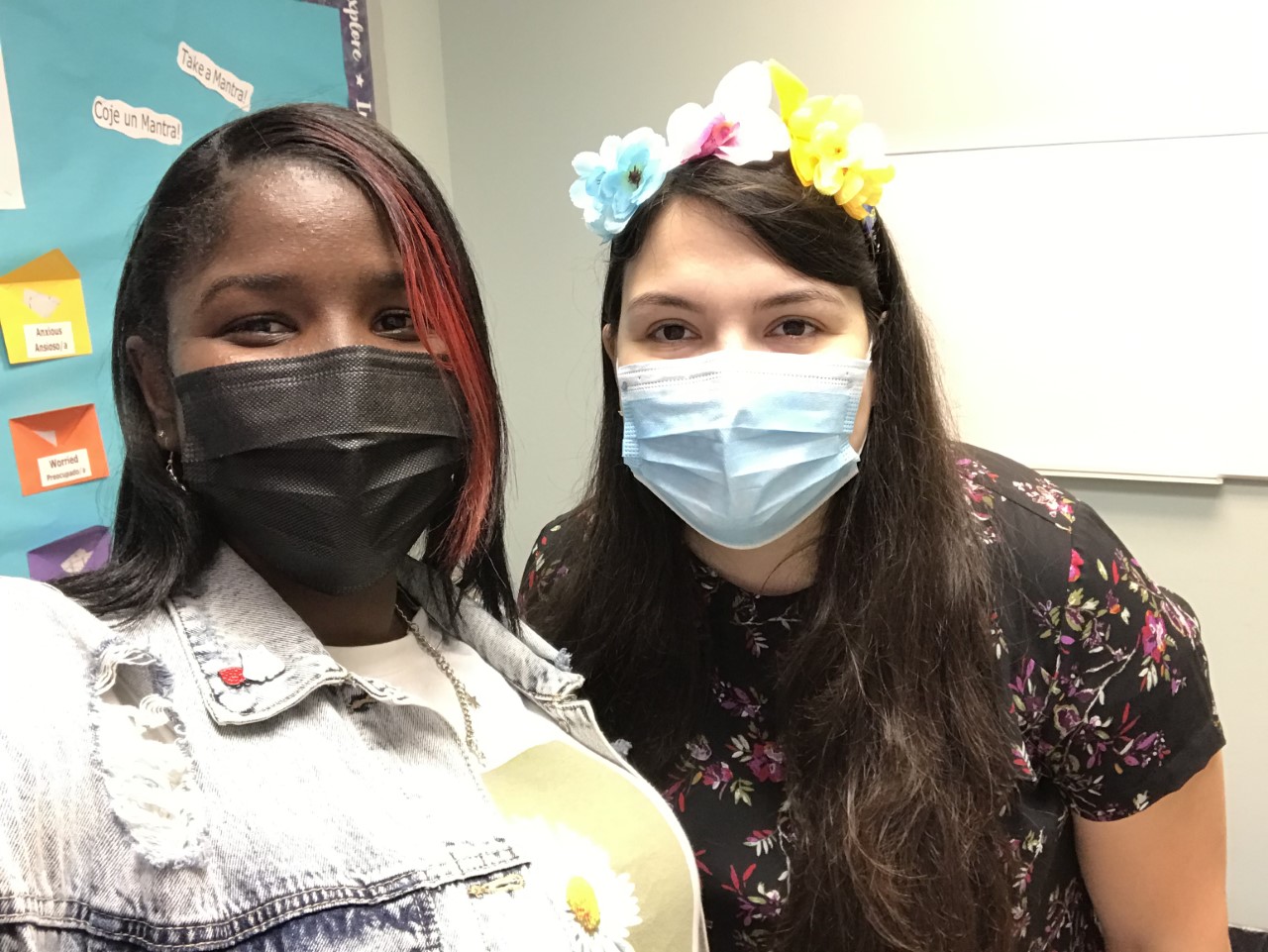
Breinny (izquierda) y su terapeuta, Miss Gerda, celebrando a Frida Kahlo durante el Mes de la Herencia Hispana / Breinny (left) and her therapist, Miss Gerda, celebrating Frida Kahlo during Hispanic Heritage Month
Breinny es una estudiante en el grado 12 de la escuela Pan American International High School en Elmhurst, NY. Desde mayo 2021, ella ha estado recibiendo terapia con Gerda González, LMSW, en su lengua maternal de español, usando el centro de bienestar basado en su escuela. Esta es su historia en sus propias palabras.
Crecí con mi padre en la república dominicana y vine a los estados unidos a vivir con mi madre hace dos años atrás. Han habido muchas cosas positivas de estar aquí. He podido conocer a muchas differentes personas y de muchas culturas diferentes. He hecho muchos buenos amigos. Nunca había vivido con mi madre antes, y me costaba mucho acostumbrarme a estar con ella. Teníamos problemas con comunicación, y no sabia bien que hacer. Me estaba sintiendo desperanzada, preocupada, y estresada acerca del futuro. Yo estaba perdiendo motivación para la escuela y empecé a separarme de mis amistades y familia.
Una maestra notó que estaba pasando y me recomendó para servicios de salud mental en el centro de bienestar de mi escuela.
Al principio, no estaba segura, pero después de mi primera sesión, empecé a sentir que un gran peso de encima se había levantado de mis hombros. Yo sentí que podia respirar mas facilmente.
La terapia me ha ayudado a encontrar a alguien que escuche mis problemas sin juzgar y aprender habilidades que me ayudan cada dia. Puedo pensar mas críticamente y ser menos impulsiva cuando tomo decisiones. Pienso mucho antes de actuar. Mi relación con mi madre ha mejorado gracias a las habilidades de comunicación que he aprendido, y las estrategias para lidiar que me han ayudado con momentos difíciles en la escuela. Siento que si no hubiera recibido terapia, mi relación con mi madre estaría peor ahora, y no podría esforzarme en la escuela.
Ahora mismo estoy en 12 grado, y antes de recibir servicios, había perdido la esperanza de ir a la universidad. Miss Gerda me conectó con adultos en mi escuela quienes me ayudaron entender el proceso para aplicar para la universidad.
Lo que aprendo en terapia me ayuda para el futuro. Veo el mundo de una forma mas positiva. Tengo una buena relación con mis compañeros. Tengo metas claras para mi future y quiero ser exitosa. Tengo metas de convertirme mas independiente y ir a una universidad buena. ¡Mis notas son excelentes! Estoy muy bien en la escuela y tengo notas en los altos 90 en todas mis clases ahora. He podido enfocarme en la escuela, mientras antes de empezar terapia, me costaba.
He encontrado algo mas que disfruto: siendo líder de Peer Group Connection (PGC). Siendo lider de PGC, ayudo a los alumnos de noveno a integrarse a la escuela secundaria y aprender acerca de otras cosas aparte de lo académico. Tengo un grupo de alumnos de noveno con los que trabajo, y jugamos juegos juntos y creamos un vínculo mas fuerte. Es muy divertido ser una líder de PGC. Me encanta conocer a los alumnos y ayudarlos crear una comunidad mejor para nuestra escuela.
Cuando quieres algo, no es siempre fácil conseguirlo, pero si vale la pena. Terapia me ha ayudado a aprender que es importante continuar a esforzarse a derrotar adversidades y trabajar hacia tus metas – y me ha enseñado que si soy capaz de conseguirlas.
Breinny’s Story (in English)
Breinny is a senior at Pan American International High School in Elmhurst, Queens. Since May 2021, she has received therapy with Gerda Gonzalez, LMSW, in her native language of Spanish, through her school’s school-based mental health wellness center. This is her story in her own words.
I grew up with my father in the Dominican Republic and came to the United States to live with my mom two years ago. There have been a lot of good things about being here. I have been able to meet many different people from many different cultures. I have made good friends. But I had never lived with my mother before, and I was struggling to get used to being with her. We had issues with communication, and I didn’t know what to do. I was feeling hopeless, worried, and stressed about the future. I was losing my motivation in school and even began to withdraw from my friends and family.
A teacher noticed what was going on and recommended me for mental health services through my school’s wellness center.
At first, I wasn’t sure, but after my first session, I began to feel like a giant weight was lifted from my shoulders. I felt like I could breathe more easily.
Therapy has helped me find someone who can hear my issues without judging and guide me in learning skills that help me deal with challenges. I am able to think more critically and be less impulsive about decisions. I think a lot more before I act. My relationship with my mother is better thanks to communication skills I have learned, and coping strategies have helped me handle difficult moments in school. I feel like if I had not gotten therapy, my relationship with my mother would be worse now, and I would not be trying so hard in school.
I’m currently a senior, and before receiving services, I had lost hope in attending college. Miss Gerda connected me to adults in my school who could help me understand the college application process.
What I learn in therapy will help me in the future. I see the world in a more positive way. I have a good relationship with my classmates. I have clear goals for my future and want to be successful. I have goals of becoming independent and attending a good college. My grades are really great! I’m doing so well in school and have high 90s in all of my classes now. I’ve been able to focus on my schoolwork, which used to be a struggle before beginning therapy.
I found something else I enjoy: being a Peer Group Connection (PGC) leader. As a PGC leader, I help freshmen integrate into high school and learn about things other than academics. I have a group of ninth graders I engage with, and we play games together to help create a stronger bond. It is really fun to be a PGC leader. I love meeting students and helping them create a better community for our school.
When you want something, it isn’t always easy to get it, but it is worth it. Therapy has helped me learn that it is important to continue to strive to defeat adversities and work toward your goals — and it’s taught me that I really am capable of achieving them.

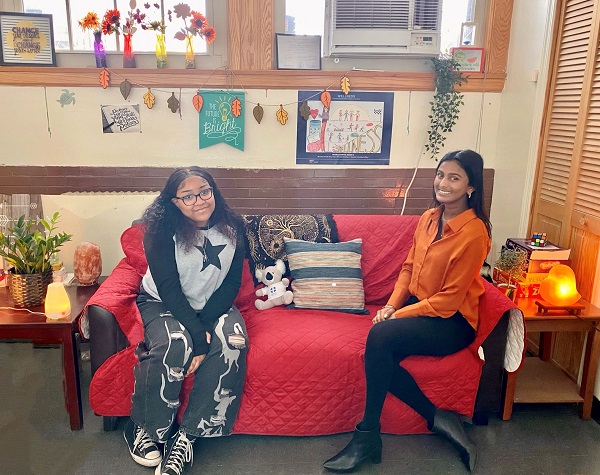
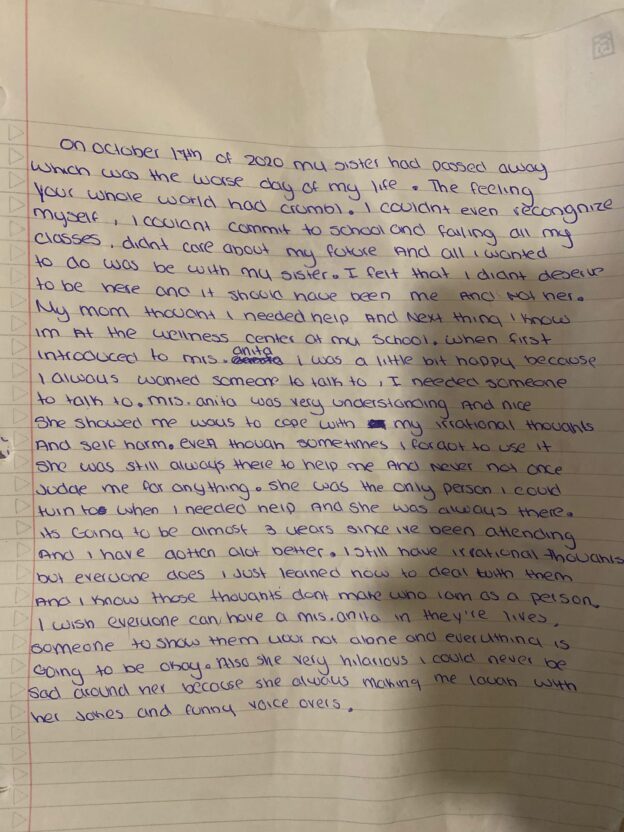
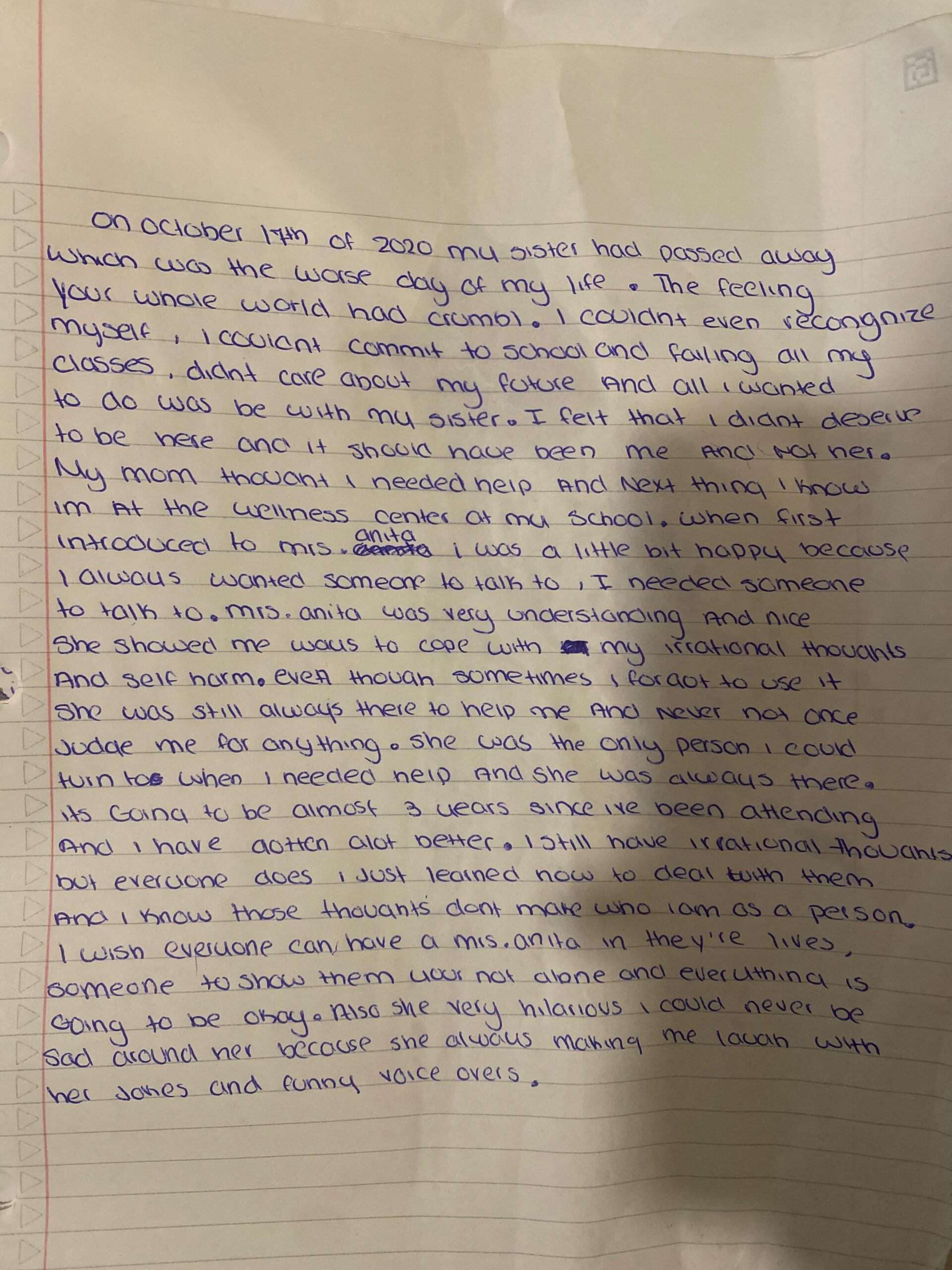
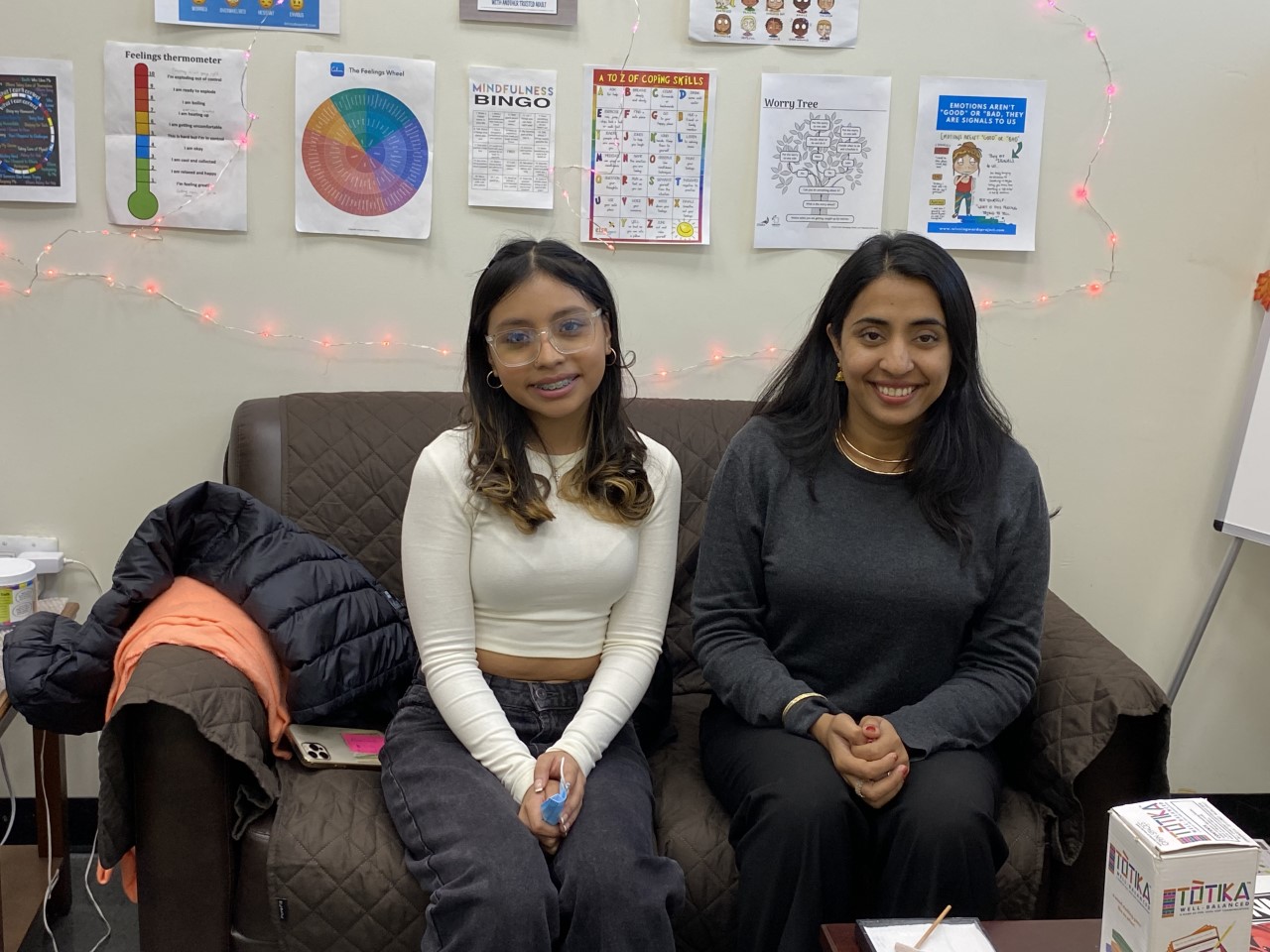

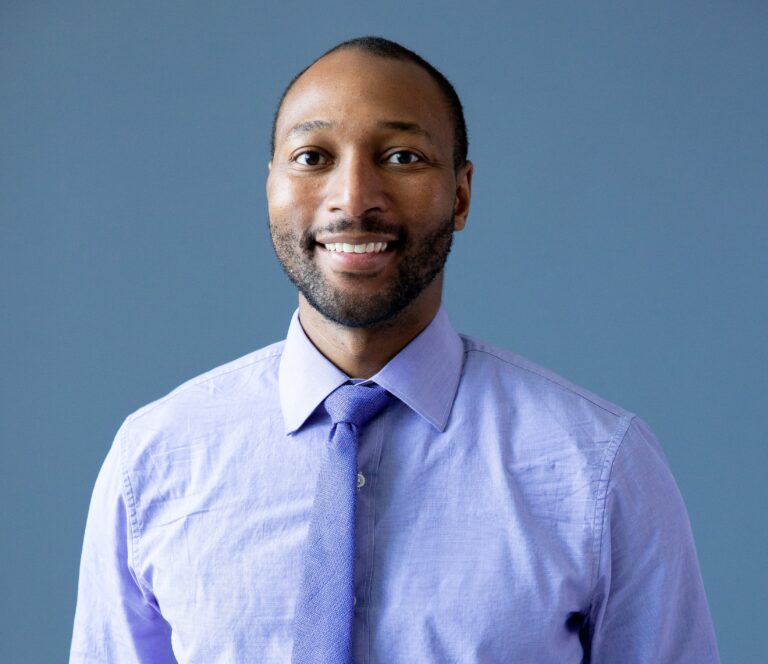
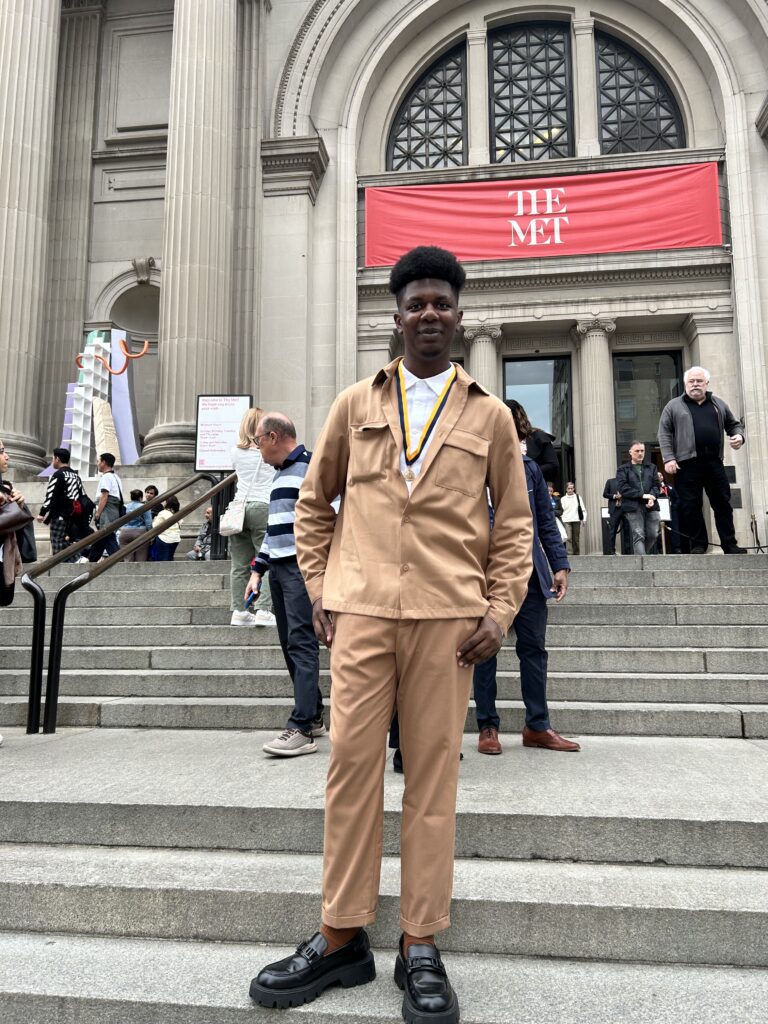

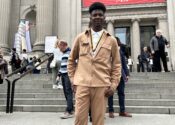


You must be logged in to post a comment.